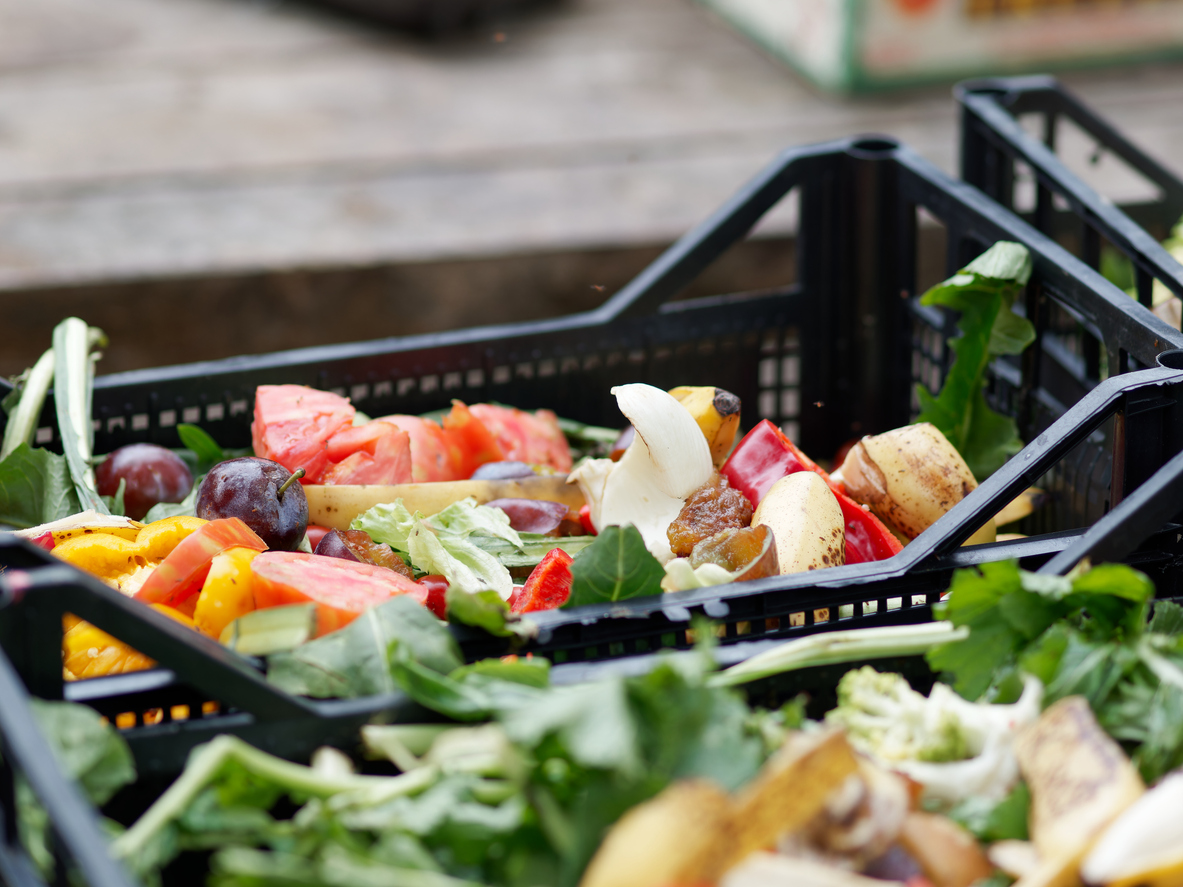Food waste in Dutch supermarkets has significantly decreased, reaching just 0.89% of total procurement volume in 2023. This marks a 35% reduction since the first measurement in 2018, according to a report presented to Dutch Minister of Agriculture, Fisheries, Food Security, and Nature, Femke Marije Wiersma. The findings come from an annual survey led by the Food Waste Free United Foundation and the Dutch Food Retail Association (CBL), conducted by Wageningen University & Research (WUR) based on self-reporting by supermarkets.
Targeting a Reduced Footprint
There is a significant progress in food waste reduction within the retail sector, attributing this acceleration to supermarkets’ efforts to lower their environmental impact. This shift has been influenced by new legislation, such as the CSRD Directive, which requires social and environmental reporting.
Reducing Food Waste Across Key Categories
Since 2018, supermarkets have been actively measuring and reducing food waste. In 2023, using the European definition of food waste (where food does not go to humans or animals), waste was 0.89% of procurement volume, compared to 1.38% in 2022. Under the previous definition, food waste would have stood at 1.21%. Key product categories saw improvements in reducing waste for human consumption:
- Bread, part-baked bread, and pastries: 6.5% (down from 7.7% in 2018)
- Fresh meat and fish: 1.4% (down from 2.9% in 2018)
- Potatoes, fruits, and vegetables: 2.1% (down from 2.7% in 2018)
- Dairy, eggs, and chilled convenience products: 1.0% (down from 1.4% in 2018)
- Other fresh and non-perishable products: 0.3% (down from 0.4% in 2018)
Despite improvements, bread and pastry remain the least efficient categories, while beverages are the most efficient, with only 0.2% waste.
Bread and Meat Focus Lead to Significant Reductions
Supermarkets have actively targeted ‘bread & pastries’ and ‘fresh meat & fish’ to reduce waste. Initiatives such as selling yesterday’s bread at a discount have reduced bread waste by 16% compared to 2022. Fresh meat and fish waste, which have higher ecological footprints, saw a 37% reduction through improved stock management.
AI and Shelf-Life Symbols Fight Food Waste
Supermarkets are also embracing innovations to further reduce waste. According to to the Dutch Food Retail Association, supermarkets are using Artificial Intelligence (AI) to better align supply with demand. Additionally, new private-label products are being created from surplus ingredients, like pasta sauces made from leftover tomatoes or biscuits from overripe bananas.
To address consumer waste, supermarkets are part of the Shelf Life Coalition, which works to clarify ‘best before’ and ‘use by’ dates. At least 50% of private label products now feature clearer labeling, aimed at reducing food waste at home, where confusion over expiration dates is a significant issue.
Collaboration Across the Food Chain
Supermarkets are collaborating with their suppliers to reduce waste across the entire food chain. It’s important that more sectors work together to measure and reduce food waste With these initiatives, the supermarket industry continues to make progress toward a more sustainable future, setting an example for other sectors and other European countries to follow.
For more information:

